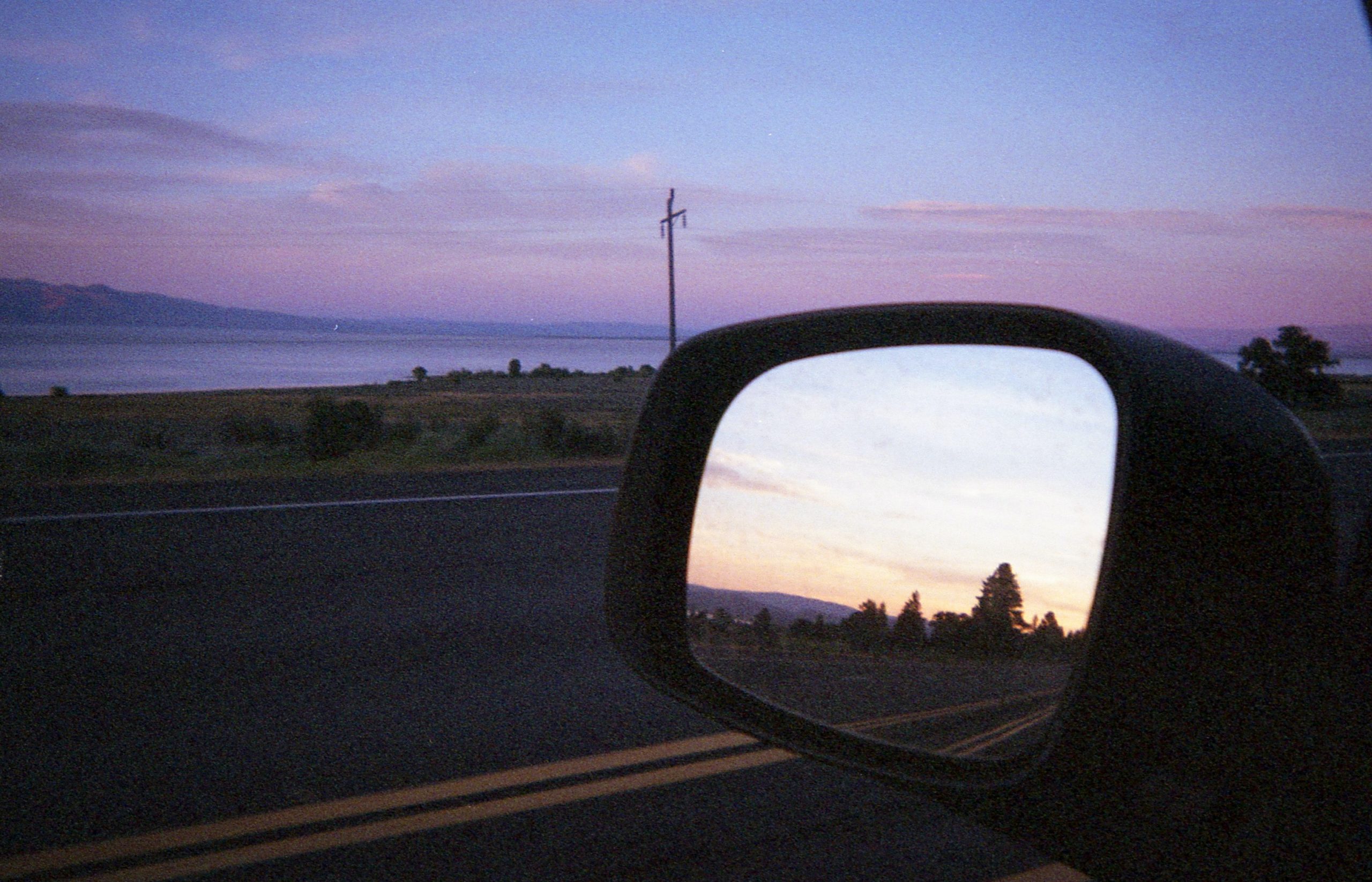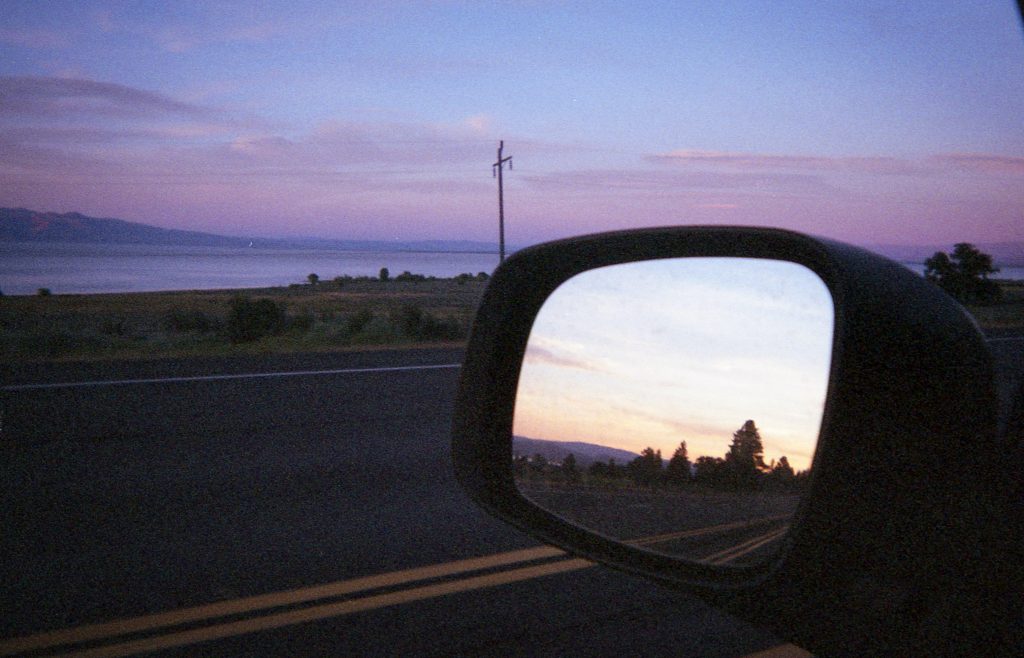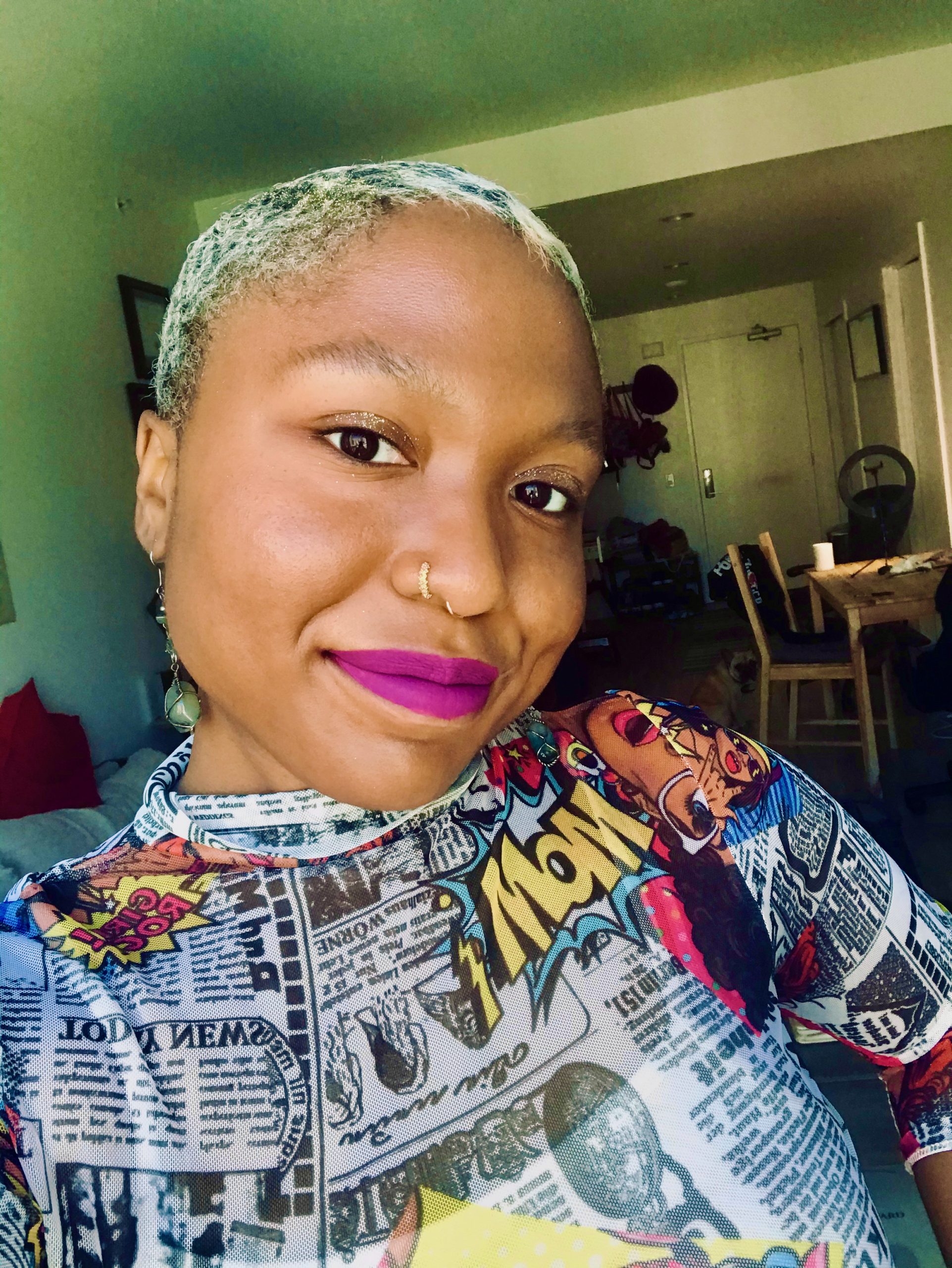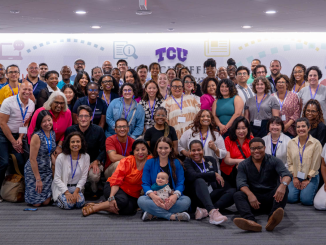
Editor’s Note: We asked our alumni and correspondents to reflect on 2020, and/or what to look forward to in 2021. Below, Brandy Collins, Howard Dyckoff, and Debora Gordon reflect on the lessons from 2020.

Brandy Collins
2020 was a rollercoaster of a year. From giant robots, bubonic plague, armed baboons, fire tornado or firenado, there were so many events that any recap of the year would sound like a science fiction anthology written by a 6th grade creative writing class. The largest and most transformative being the COVID-19 pandemic followed by worldwide protests for the deaths of George Floyd, Breonna Taylor and the countless other Black people who died at the hands of police activity.
For some of us, 2020 has made us slow down and make re-assessments of our lives. From the external identification of what is considered “essential work” to the internal personal journey, it has served as a period of reflection on what’s essential in our lives. Never in my wildest dreams did I imagine that technology would be so crucial in creating and dismantling connections around the world. Whether it’s binge watching the docuseries Tiger King on Netflix, watching the IG feeds for upcoming protests in our local areas or learning how to truly fact check the information we consume, we were glued to a screen so much that we coined new phrases, like zoom fatigue.
If this past year is any indication of what we are capable of in the world, it means that there are endless possibilities. We will see our first woman, also the first Indian-origin and Black Vice President and Oakland native Kamala Harris being sworn into office. With any luck, we will see an impact of the COVID-19 vaccine without reports of facial paralysis. We may be able to see the longterm result of the efforts of the Defund the Police campaign. Maybe protecting Black women won’t seem like a new and foreign concept.
My hope for this upcoming year is we can remember the lessons we learned from 2020. We have to stop asking to “return to normal” and create a new normal that dismantles oppressive social constructs, lets Black men and Black women get rest, and does not have murder hornets looming.
Howard Dyckoff
We are coming to the end of 2020, a year with an Xmas star in the sky — a once-in-centuries planetary conjunction of Jupiter and Saturn. And I am looking forward to many things.
I am looking forward to less chaos in the Federal Government and an end to self-serving tweets from the Banana Republic Commander-in-Chief. I look forward to governance by more experienced professionals who can right the ship of state and actually serve the people.
I look forward to increased contact and interaction with neighbors, friends and family, and an end to a long Fall and Winter lockdown.
I look forward to talking to people on hiking trails and in lines and not having to point out that having a mask on one’s chin is not a face covering.
I look forward to shaking hands and hugging bodies instead of elbow bumps, to proximity and intimacy instead of social distancing.
I look forward to meetings and demonstrations and dancing in the streets!!
I look forward to Oakland being Oakland again! — and better!
Debora Gordon
2020 is in the rearview mirror, but like most views from behind, its impact doesn’t disappear from our lives, although no longer right in front of us. What will we choose to salvage from our lessons from a year that did not in any way live up to its colloquial connotation of “perfect vision,” what will we choose to jettison at the first possible opportunity, perhaps too soon?
Masks already litter our streets, sheltering in place seems done selectively, gathering with others for some is a magnetic draw that seems irresistible, so, perhaps even before herd immunity can be quantified, many will rush to discard these directives, others will be long reticent to even touch a door handle in a public place, or meet a friend for lunch in a café, because who knows who sat in that seat before you, or if the cook is healthy?
The depth and breadth of systemic racism was again exposed, and then again and again, with George Floyd’s desperate cry of “I can’t breathe” seems the apt metaphor for the endless and ongoing injustice towards people of color and, simultaneously, COVID-19.
If and when schools reopen, will classes be small and socially distanced, meaning many more classrooms and students and teachers? Would that be perhaps an unintended positive outcome of the endless impact of the infinite path of COVID changes in our lives?
Will we still step off the sidewalk when encountering another on our path? Will hand sanitizers slowly disappear from counters in public places or will they linger long past the absolute flattening of the curve into a broken line that eventually disappears? Will cafes and restaurants and watering holes maintain outdoor seating a year or two or three in the future? Will law enforcement perhaps be held accountable for taking of lives? And these are just a few of the lasting changes we may see continuing for the foreseeable future.
It is also worth considering that the “Roaring Twenties” followed the 1918 pandemic (and preceded, also worth noting, the Great (or not so great…) Depression). Will we have a 21st century sequel roar to our 2020 pandemic?
The constant refrain of “returning to normal” troubles me, in that “normal” somehow implies a sense of rightness, of how it “should be,” when, in fact, much of what “was” was severely “abnormal,” and would best be left in that fading, although still present view, in the rearview mirror. I hope we can take what we have learned, rejected, embraced, and how we have re-invented ourselves to meet the moment that we can carry forward this sense of “my mask protects you; your mask protects me,” might be the catchphrase of the future; an awareness that each of our actions has a knock-on effect that we have seen extend to the entire world. I hope we can carry this one notion forward in our thoughts, words and actions; to consider the butterfly effect with each breath.
I at least hope to try.
Please see the links in the byline above the story for more information about the authors of this articles.




Yes! Deborah Gordon I love your reflection of the year 2020. The mask metaphor does work and is amplified at this moment in history.
Dr. J.
Janice